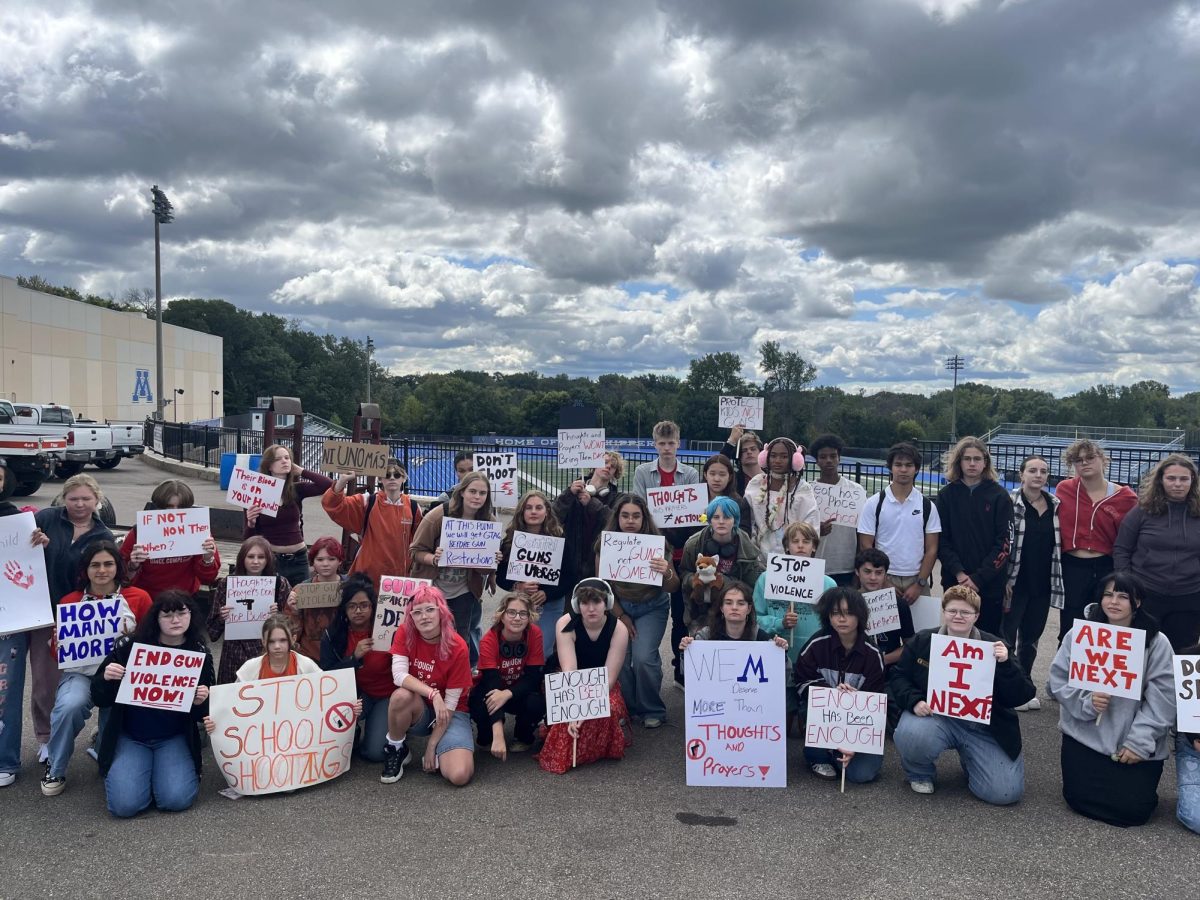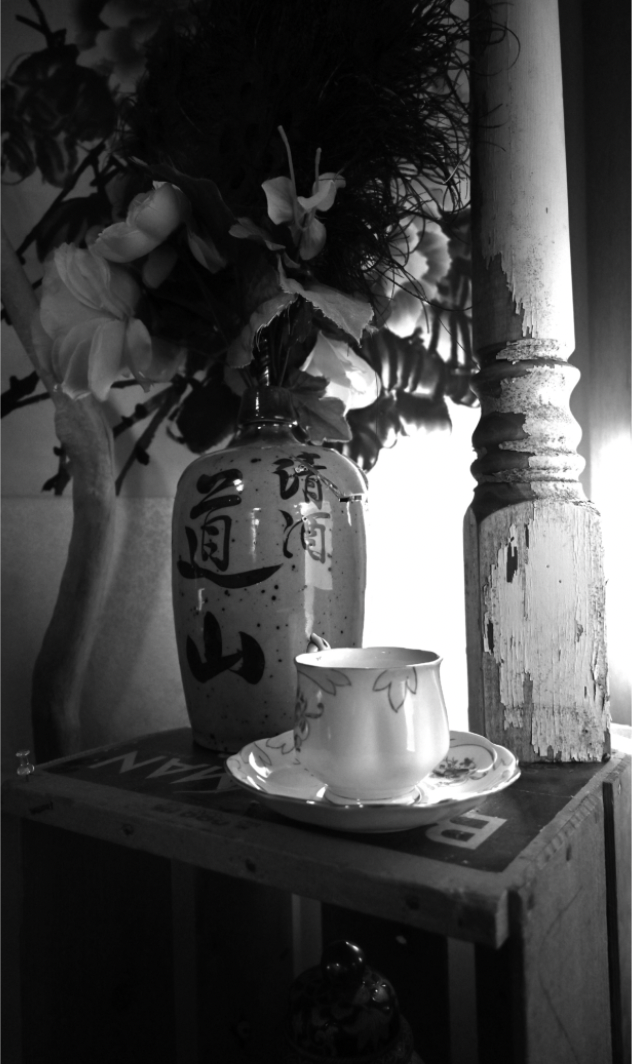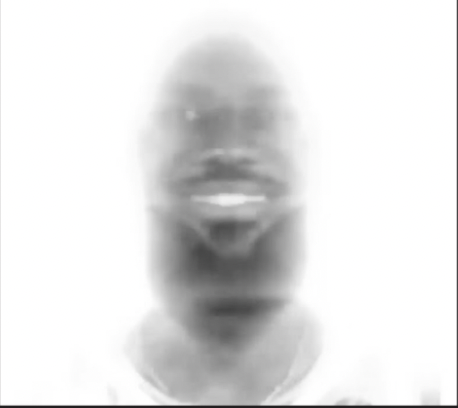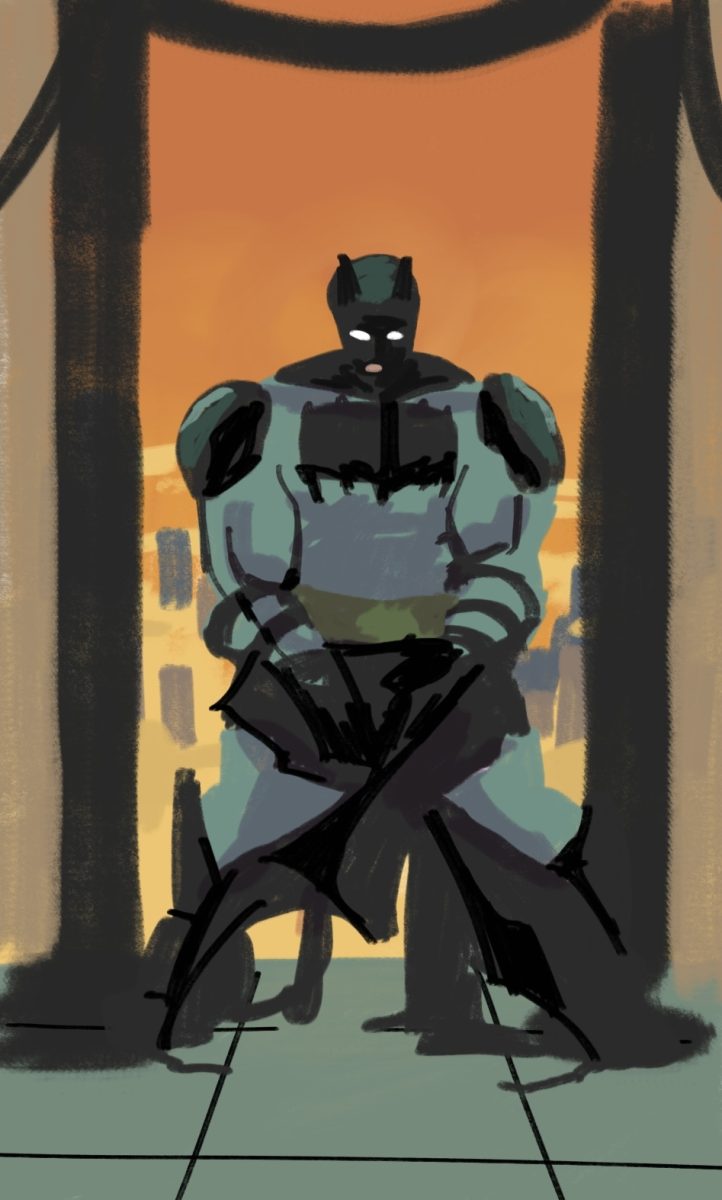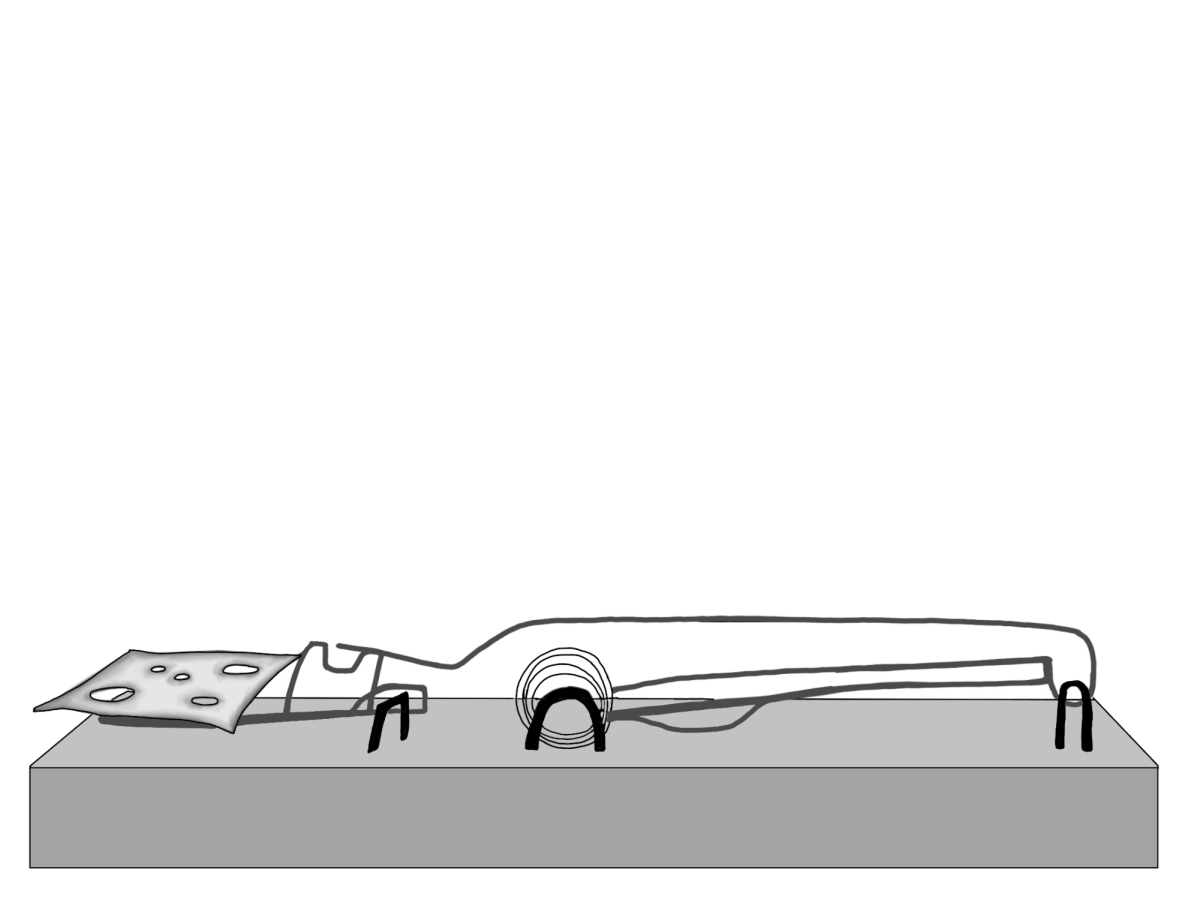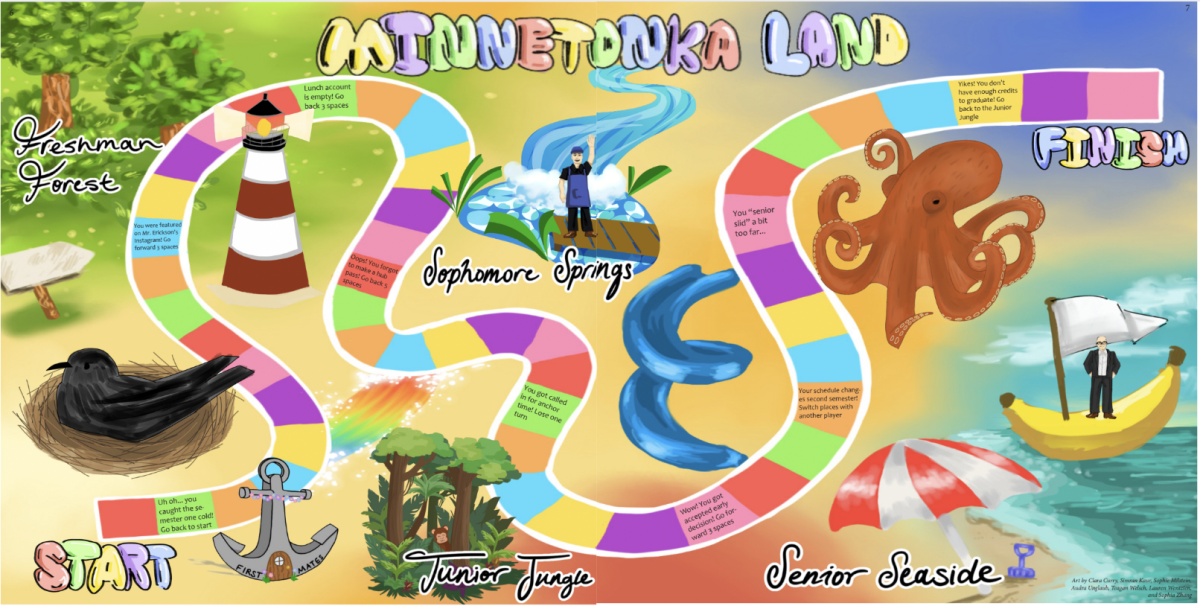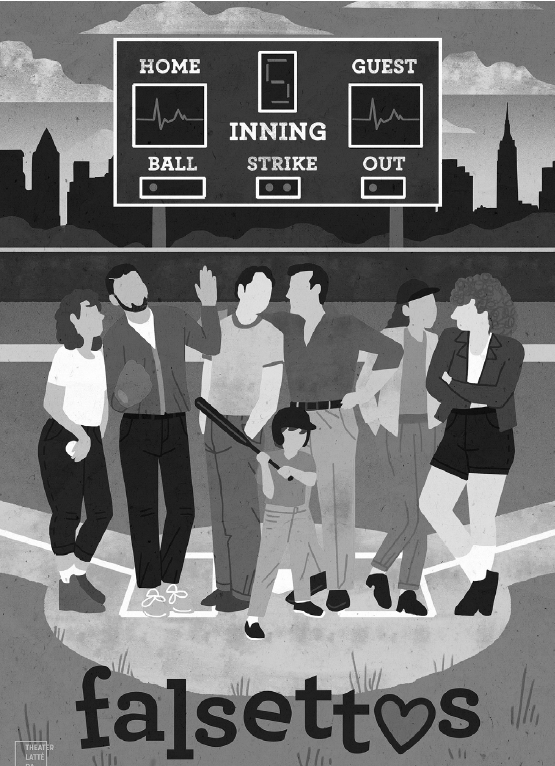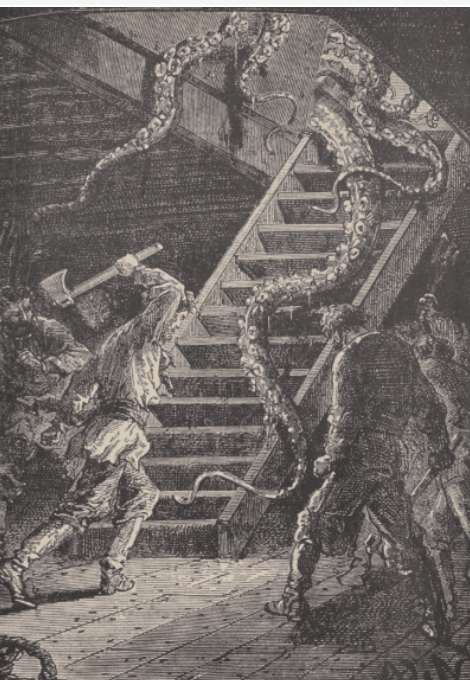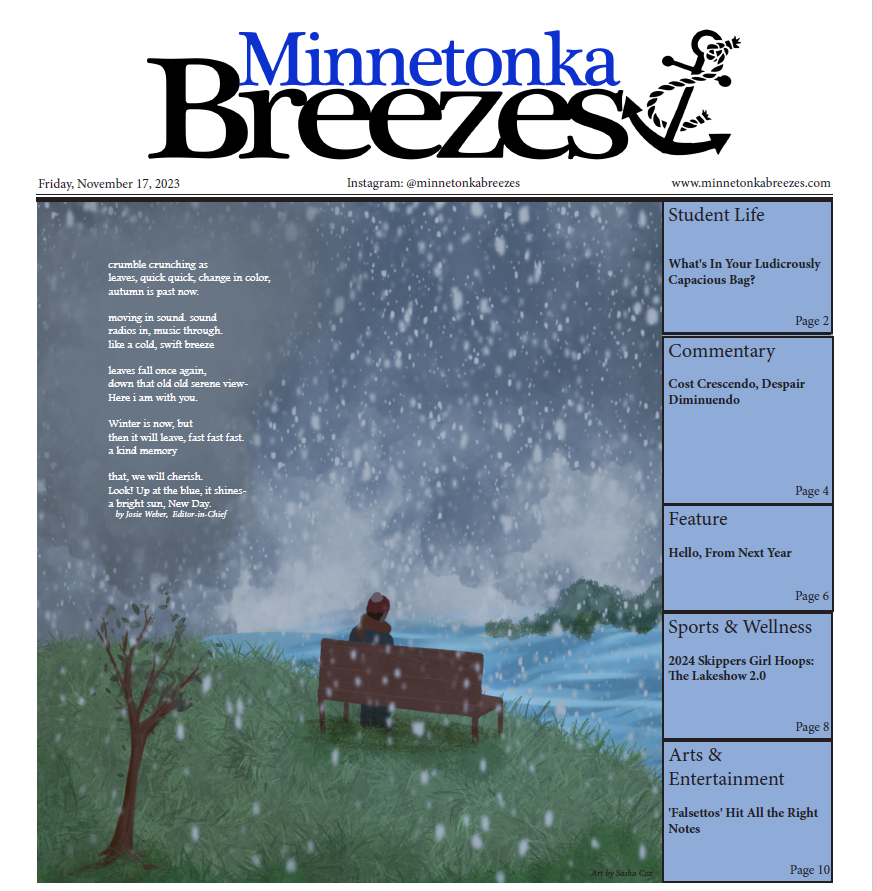Falsettos ended its run the Ritz Theater in Minneapolis on November 5. The musical is both a comedy and a tragedy, chronicling a family whose parents have separated and the fallout from their separation.
Why is it important? In Falsettos, the parents in the family, Marvin and Trina, have separated due to Marvin taking a male partner. Set in the late 1970s and early 1980s, the musical explores the emerging AIDS epidemic in the United States. The epidemic was overlooked during this time period in part due to homophobia’s strong roots, as AIDS was primarily contracted by gay males (in the United States).
Tim Fitzsimons, writing for NBC, discussed Ronald Reagan’s press secretary joking about the virus in 1982, despite it already taking many lives. Ronald Reagan himself did not address the worsening epidemic. “Reagan publicly uttered the word “AIDS” [for the first time] in 1985,” explained Fitzsimons. Reagan’s inability to look critically at the AIDS crisis cost many their lives, which is explored by the characters in the show.
Falsettos is a sung-through musical, with witty, honest, and heart-wrenching songs. “I’m Breaking Down” captures Trina’s struggles with her husband’s newfound sexuality, as well as her son’s difficulties making friends.
“Unlikely Lovers,” a tender song about love undercut by approaching tragedy brought the audience at the Ritz Theater to tears,. At its completion, the audience stood for an ovation, a testament to not only the show’s brilliant script but the exquisite performances of the small, 7-person cast.
Though the show’s run is over, its themes offer an opportunity for reflection. “[The show] talks a lot about important issues- toxic masculinity, homophobia, and antisemitism,” said Muraski. (All of the show’s major characters are Jewish). Falsettos is an important story to be told- funny, extremely well-coordinated, and impactful, with thoughtful exploration of difficult and emotional issues.


